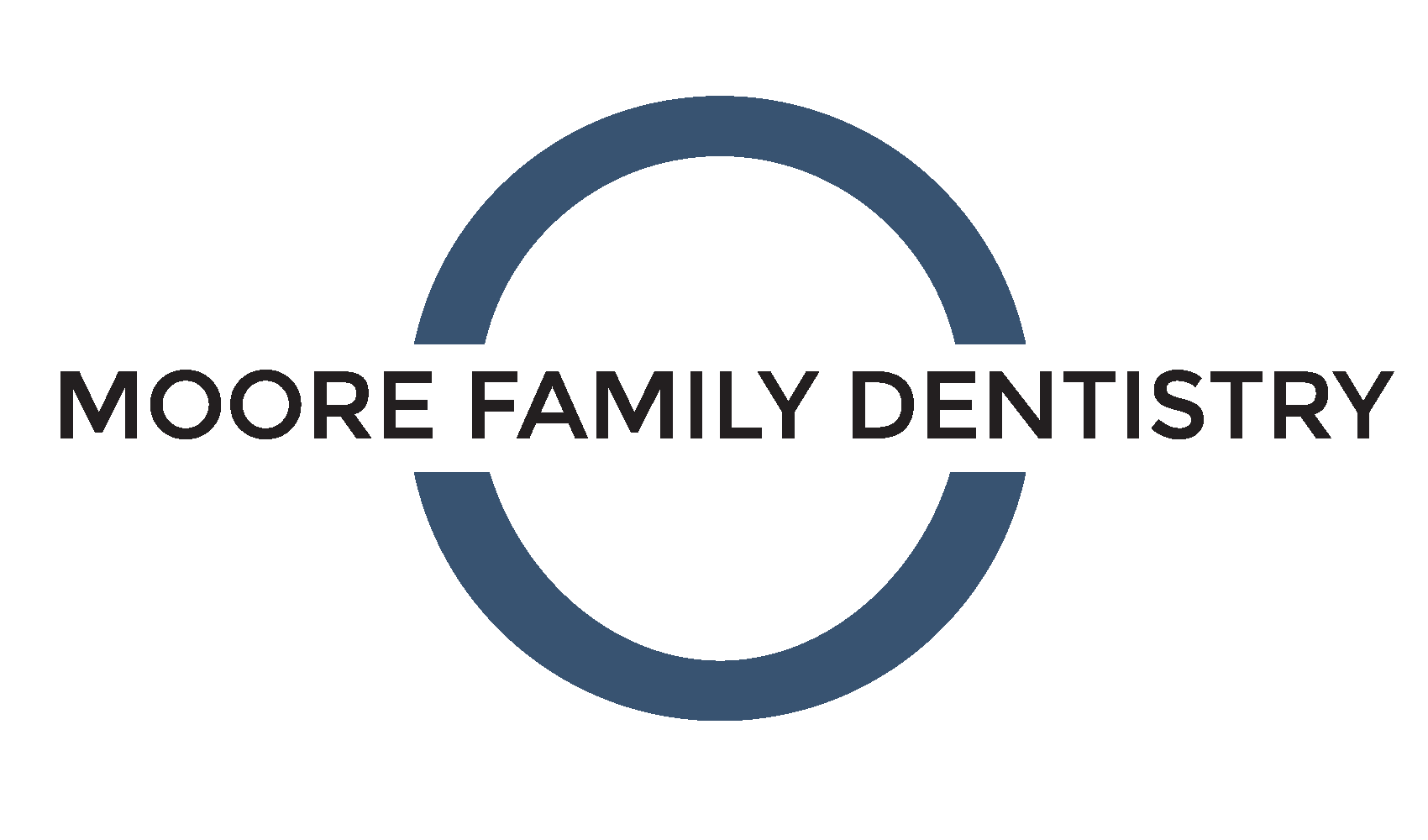At some point in time, you may need to get your teeth pulled. While it may not be the most pleasant experience in the world, it’s necessary if you’d like to keep your oral health in optimal shape. So, why would a dentist recommend a tooth extraction? There are multiple reasons.
If you have an impaction or the growth of one tooth has pushed directly against another, the buildup of tartar and plaque has caused tooth decay, you have periodontal or gum disease, or you’ve experienced trauma as the result of an accident. Overcrowding of the teeth may also warrant the need for a tooth extraction. It’s important to note that while most dentists will make every effort to avoid tooth extractions, they are necessary in some cases.
What Happens During a Tooth Extraction
Fortunately, the tooth extraction procedure isn’t as bad as it sounds. During a simple tooth extraction, a dentist will likely use forceps and a local anesthetic to pull your tooth. If you have an impacted tooth, a surgical extraction will likely be necessary. This involves cutting the gums open to remove the tooth.
What Should I Expect During a Tooth Extraction?
For a simple tooth extraction, the dentist will typically extract the tooth with forceps and a local anesthetic. In the case of an impacted tooth, a surgical extraction may be required, which involves cutting open the gums and removing the tooth. Rest assured your dentist will do their best to keep you comfortable and educate you on the recovery process.
How Does Recovery From a Tooth Extraction Work?
The recovery process depends on a few factors, including the location and size of your tooth, your oral health, and how well you comply with the aftercare directions. If you’ve had a simple extraction, you’ll need to relax for about 48 to 72 hours. Then, you can resume regular physical activity.
On the flipside, a surgical extraction comes with a longer recovery process. You’ll likely need to take it easy for the initial 48 to 72 hours and limit physical activity for a week or so before you return to your everyday activities. As far as your job is concerned, you’ll probably want to take a few days off or more if it involves physical labor.
Recovery Tips for Tooth Extractions
To ensure a safe recovery, don’t brush, floss, or chew near your treatment site for the first few days. Also, avoid straws, rinsing your mouth, and spit for the first 24 hours so that a blood clot forms properly. While you may experience some pain, the extraction shouldn’t affect your vision. If you notice changes in your eyesight, contact us right away as it might be a sign of TMJ disorder or another underlying condition.
Contact Moore Family Dentistry Today
If you have further questions about getting a tooth pulled or would like to make an appointment at Moore, don’t hesitate to contact us today. You can reach us at 919.772.1811. We look forward to hearing from you!
